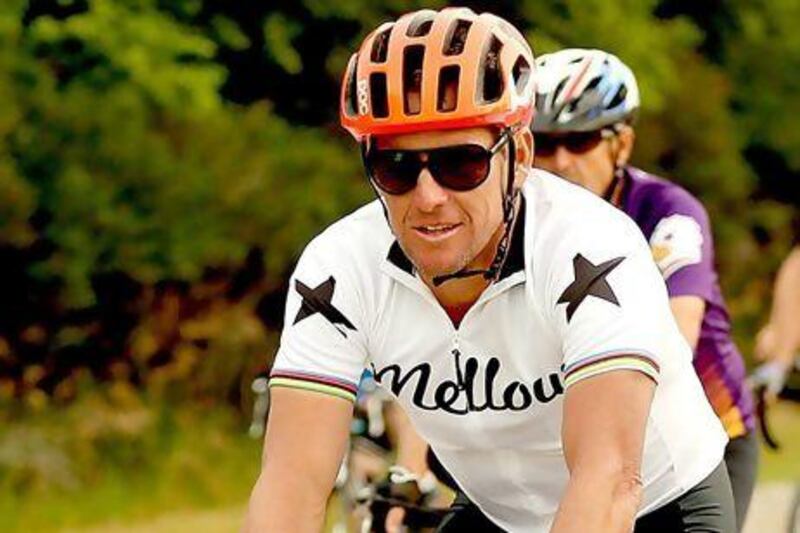Lance Armstrong has claimed the United States government was happy to overlook drug-taking allegations because it was happy to take advantage of the publicity of being associated with him.
The former US Postal rider, who admitted doping earlier this year, has been stripped of his seven Tour de France titles.
His legal team is now claiming the US government's federal lawsuit against him be dismissed because the case is too old.
The government's lawsuit argues Armstrong, 41, committed fraud by insisting he was not using drugs while riding for the publicly funded US Postal Service team. Armstrong's motion to a US court questions why the government did not look into the allegations.
"The government admits that prior to November 2000, it was aware that French authorities had begun a preliminary investigation into allegations that the [US Postal] cycling team used performance enhancing drugs," it states. "The government was not merely aware of these allegations, the Postal Service was concerned about them.
"But, despite its knowledge and concern, the official of the United States charged with responsibility to act did absolutely nothing. In fact, the only thing the government did was enter into a new four-year sponsorship agreement entitling it to special perks in connection with the Tour de France and insert provisions giving it certain rights in the event of negative publicity associated with a failed drug test.
"The government wanted a winner and all the publicity, exposure, and acclaim that goes along with being his sponsor."
Armstrong's legal team has moved to have the lawsuit dismissed.
Meanwhile, the top two finishers in the 1998 Tour de France - the late Italian Marco Pantani and Germany's Jan Ullrich - were taking the banned blood booster EPO, a French senate inquiry into sports doping said yesterday.
The medical stubs enclosed in the 918-page report, when compared against a separate list of test results, also reveal Armstrong tested positive for EPO in 1999.
Just three days after the end of the 100th Tour, an event that was dogged by persistent speculation about doping, the 21-member parliamentary group said a "truth and reconciliation" commission should be created to lift the veil of silence on illegal practices.
"We cannot properly fight something that we don't understand," the parliamentarian Jean-Jacques Lozach, the group's spokesman, said.
Follow us
[ @SprtNationalUAE ]





